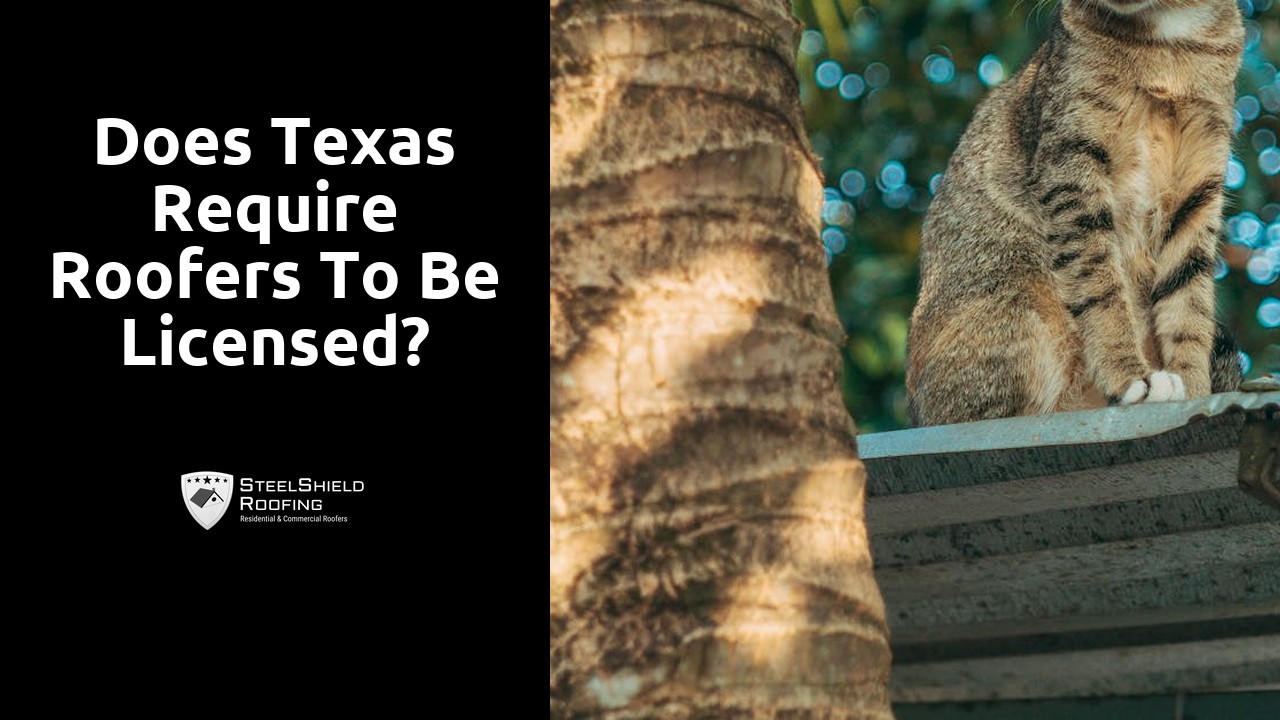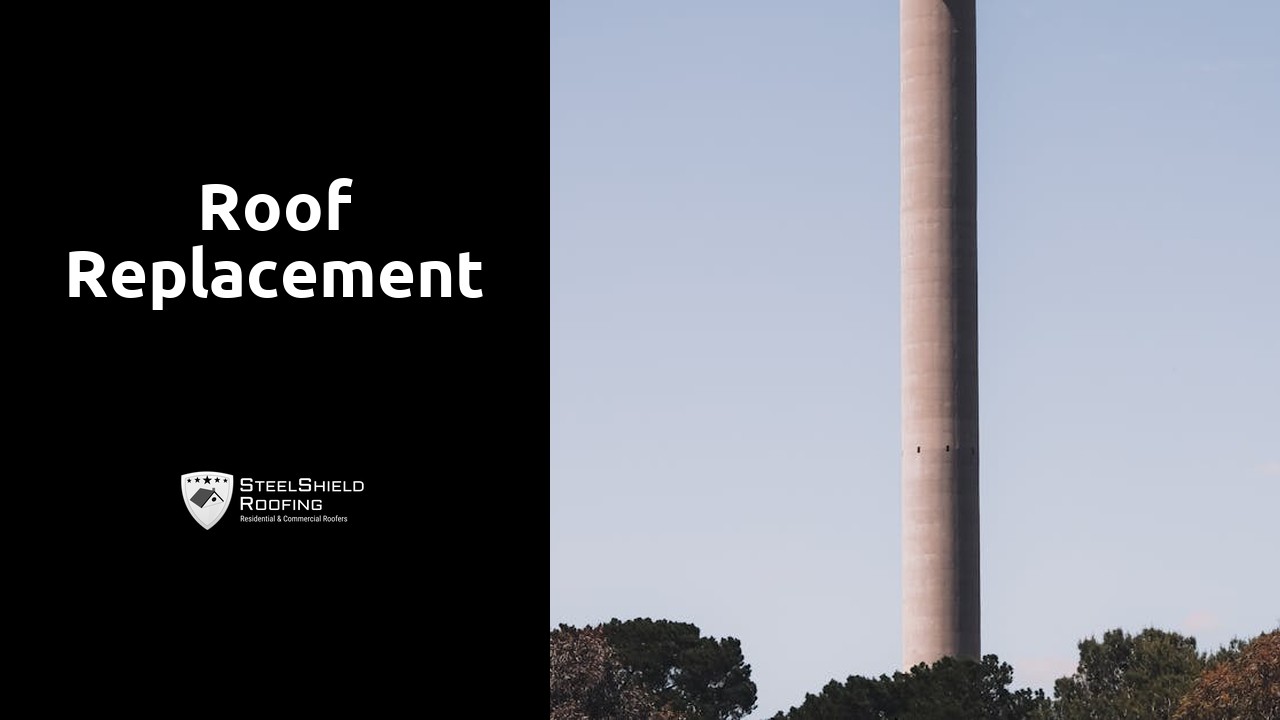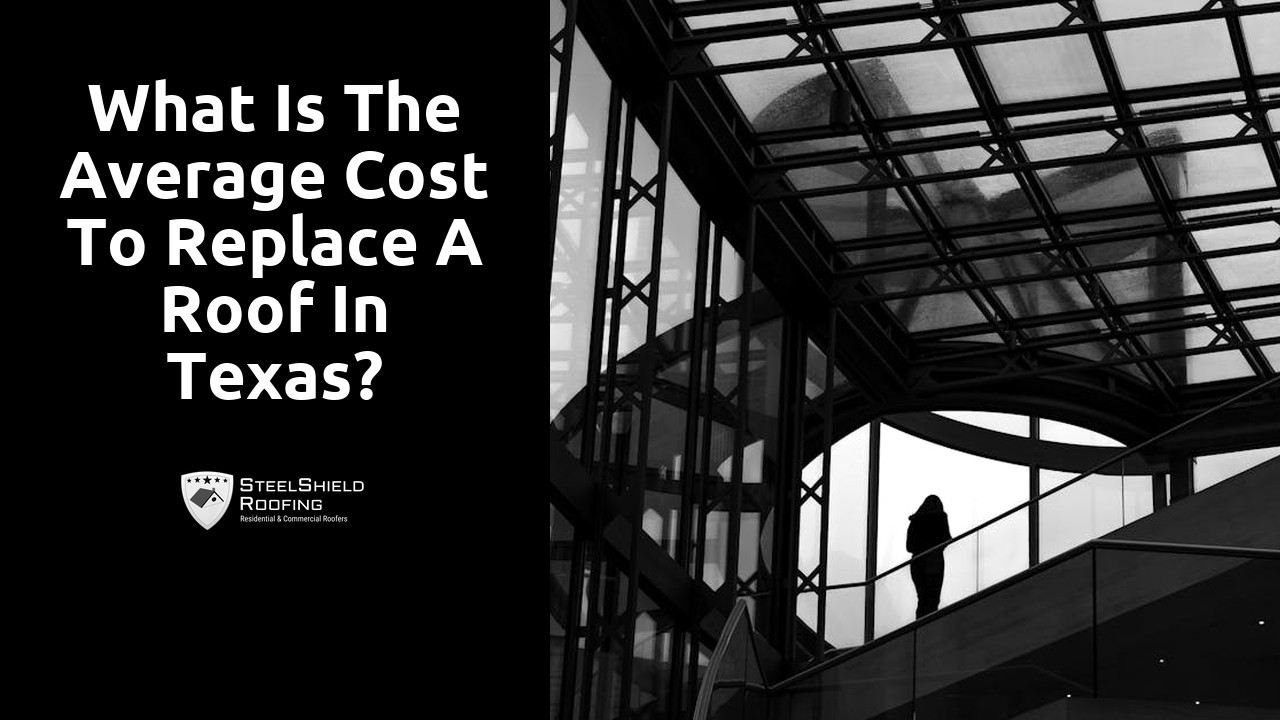
Table Of Contents
Importance of Hiring a Insured Roofer
When searching for a roofing professional to handle your roof replacement near me, it is crucial to prioritize hiring an insured roofer. By choosing a roofing contractor who is adequately insured, you are safeguarding yourself from potential liabilities that may arise during the project. An insured roofer provides you with peace of mind knowing that any damages to your property or injuries sustained by workers on your premises will be covered by their insurance, relieving you from financial responsibility.
Furthermore, hiring an insured roofer adds a layer of protection for you as a homeowner. In the event of unforeseen accidents or property damage during the roof replacement near me, having an insured contractor means that any associated costs will be covered by their insurance policy. This not only protects your investment in your home but also shields you from potential legal disputes or financial burdens that could arise if the contractor is not adequately insured.
Find out further details by clicking here.
Protection Against Damages and Injuries
When it comes to roofing projects, ensuring protection against damages and injuries is crucial for both the homeowners and the roofers involved. In the event of an accident or damage during roof installation or repair, having insurance coverage can provide peace of mind and financial security. In Texas, hiring a licensed and insured roofer is the best course of action for homeowners seeking reliable and safe services. By working with a licensed roofer, homeowners can rest assured that any potential damages or injuries will be covered, minimizing risks and liabilities. When searching for reputable roofing services, homeowners can easily find licensed and insured roofers by conducting a simple online search such as "Roof replacement near me." This search can lead to a list of qualified professionals who have the necessary credentials to handle roofing projects efficiently and safely.
Steps to Obtain a Roofing License in Texas
To obtain a roofing license in Texas, individuals must first meet the necessary requirements set by the state. The process typically involves submitting an application to the Texas Department of Licensing and Regulation (TDLR) along with the required documents and fees. These documents may include proof of insurance, a financial statement, and evidence of work experience in the roofing industry. Additionally, applicants may need to pass a state-administered exam to demonstrate their knowledge of roofing practices and regulations. To find more information on licensing requirements, individuals can visit the TDLR website or contact the department directly for assistance.
When looking for licensed roofers in Texas, it is essential to verify their credentials and ensure they have the proper licensing to perform the job. Hiring a licensed roofer provides homeowners with assurance that the individual has met the state's standards for professional competency and safety. This can be particularly important when seeking services such as roof replacement near me, where the quality of work and adherence to building codes are paramount. By choosing a licensed roofer, homeowners can protect themselves from potential liabilities and ensure that the job is completed to the required standards.
Application Process and Requirements
To become a licensed roofer in Texas, individuals must adhere to a specific set of requirements and undergo a thorough application process. The Texas Department of Licensing and Regulation (TDLR) oversees the issuance of roofing licenses in the state, ensuring that all roofers meet the necessary qualifications. Aspiring roofers must complete an application form, provide proof of insurance coverage, and pay the required fees. Additionally, applicants are typically required to pass a background check and provide documentation of their work experience in the roofing industry. Roof replacement near me can be efficiently carried out by licensed professionals who have undergone this rigorous application process.
Upon meeting all the necessary criteria, applicants will need to pass a roofing exam administered by the TDLR. This exam evaluates the roofer's knowledge of industry standards, safety regulations, and best practices. Passing the exam demonstrates the roofer's competency in performing roofing work and ensures that they are well-equipped to handle various roofing projects. By obtaining a roofing license in Texas, individuals can distinguish themselves as skilled and qualified professionals in the field. Therefore, when searching for roof replacement near me, it is advisable to engage the services of licensed roofers who have met the state's stringent requirements.
Differences Between Residential and Commercial Roofing Licenses
Residential and commercial roofing licenses in Texas come with distinct requirements and areas of specialization. A residential roofing license typically allows contractors to work on single-family homes and multi-family residences up to a certain number of stories. Commercial roofing licenses, on the other hand, authorize contractors to handle roofing projects for larger buildings such as businesses, industrial facilities, and institutions. It is essential to understand the specific licensing needs based on the type of projects one plans to undertake, especially when searching for "Roof replacement near me."
When considering the scope of work covered by residential and commercial roofing licenses, differences emerge in terms of complexity and scale. Residential roofing projects mainly consist of repairs, replacements, and installations for individual homes or small buildings. In contrast, commercial roofing projects often involve more intricate systems, such as flat roofs and specialized materials, to meet the structural demands of larger properties. Therefore, when seeking professional services for "Roof replacement near me," it is crucial to verify that the chosen contractor holds the appropriate license that aligns with the specific requirements of the project at hand.
Scope of Work and Qualifications
Roofers in Texas primarily focus on the installation, repair, and maintenance of roofs in both residential and commercial settings. To obtain a roofing license in Texas, applicants must meet specific qualifications set forth by the Texas Department of Licensing and Regulation (TDLR). These qualifications typically include a combination of work experience, completion of relevant courses, and passing a licensing exam. Roofers must demonstrate their expertise in various roofing materials and techniques to ensure they can provide quality services to their customers. When searching for a professional roofer, it is essential to inquire about their licensing status to guarantee they have the necessary skills to handle your roofing needs, such as roof replacement near me.
FAQS
Is it mandatory for roofers in Texas to be licensed?
Yes, Texas law requires roofers to be licensed in order to perform roofing work in the state.
What are the benefits of hiring a licensed roofer in Texas?
Hiring a licensed roofer in Texas provides assurance that the roofer has met the state's requirements for competency and professionalism, and can help protect you from potential liabilities.
How can a roofer obtain a roofing license in Texas?
Roofers in Texas can obtain a roofing license by meeting certain criteria set by the state, which may include passing an exam, providing proof of insurance, and meeting experience requirements.
What is the difference between residential and commercial roofing licenses in Texas?
Residential roofing licenses in Texas allow roofers to work on homes and other residential buildings, while commercial roofing licenses permit work on larger commercial structures. The qualifications and scope of work may vary between the two.
What is the scope of work for a licensed roofer in Texas?
Licensed roofers in Texas are authorized to perform a wide range of roofing work, including installation, repair, and maintenance, while ensuring compliance with state regulations and safety standards.


